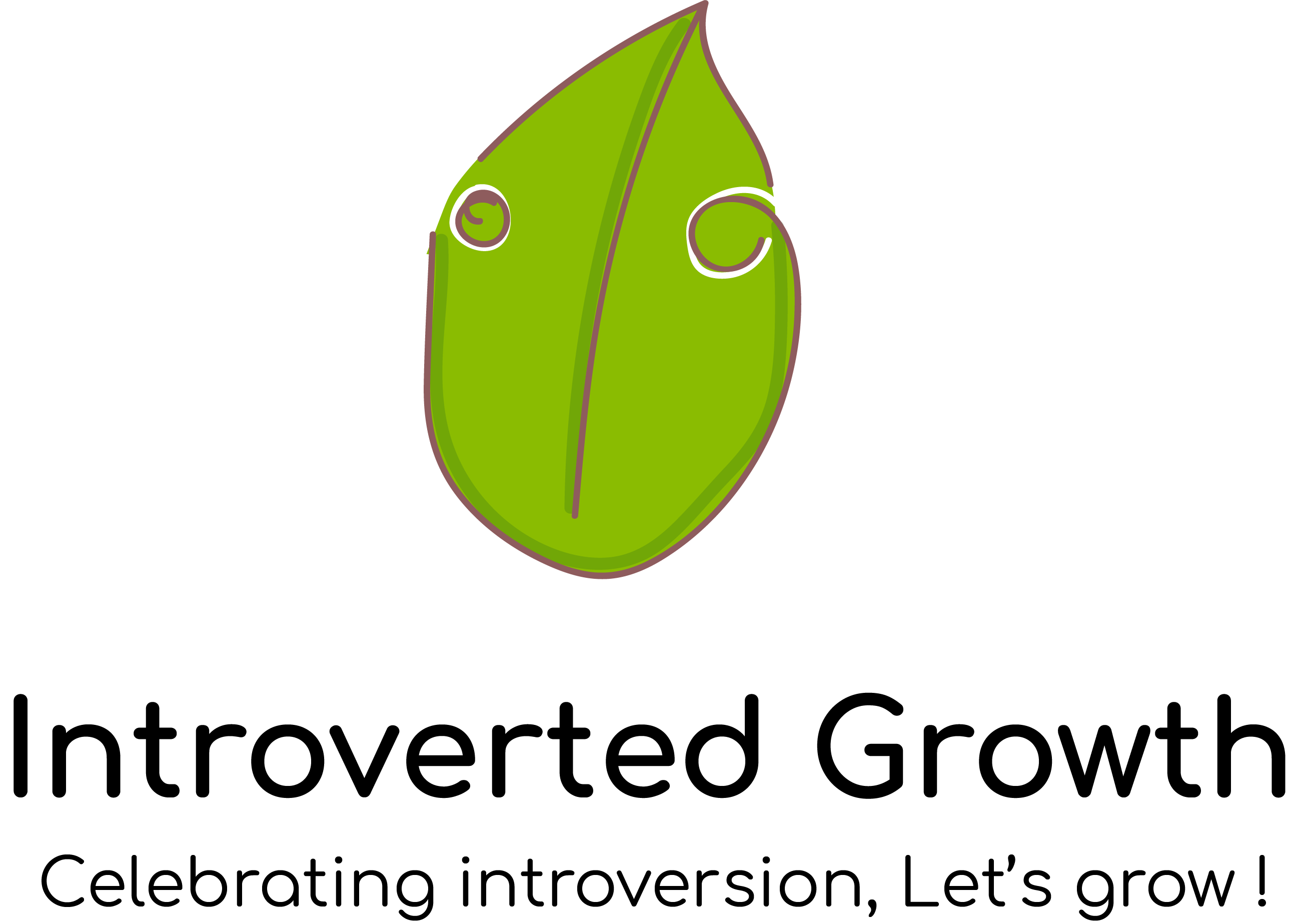If you’re an INFP with an Enneagram type 6 wing 5, then you’re in for a treat! This comprehensive guide is just for you.
Here, you’ll find everything from your personality’s strengths and weaknesses to how to overcome your unhealthy dark side.
We’ll also discuss what makes INFP 6w5s unique and offer some character examples that you’ll definitely relate to.
What Does INFP 6w5 Mean?
INFP is an acronym that stands for introverted, intuitive, feeling, and perceiving. Enneagram type 6 wing 5 is simply the combination of those two personality types.
INFPs are known for being incredibly creative, sensitive, and compassionate individuals. They often have a strong sense of intuition and are very in tune with their emotions. However, they can also be quite anxious and prone to overthinking.
6w5 INFPs are a unique blend of both personality types. They possess all of the INFP strengths, but they also have some of the 6’s qualities, such as being loyal and reliable. They’re often very analytical and detail-oriented individuals.
They also have a strong sense of intuition, but they’re able to ground themselves with logic and reason.
INFP 6w5s are usually very private people. They often keep their thoughts and feelings to themselves, only sharing them with close friends or family members.
They’re usually quite reserved and introspective individuals.
How Does the 6w5 impact the natural INFP Personality traits?
There are not many INFP who identify as INFP 6w5. Most of them are INFP 9w1s.
The 6w5 INFP is a very rare personality type. Having the enneagram type 6 makes people mistype themselves as INTJs due to the rationality INFP 6w5s have.
- Their core desire is to be secure, so they will often find themselves in stable relationships and jobs. 6w5 INFPs are some of the most reliable people you will ever meet. They are often the ones that their friends and family members can always count on.
- While INFPs are known for their strong sense of intuition, 6w5 INFPs tend to be more grounded in reality.
- They often have a strong sense of logic and reason, which allows them to make sound decisions, unlike core INFPs who struggle with indecisiveness. 6w5 INFPs are also very analytical and detail-oriented individuals.
- INFP 6w5s are the most rational INFPs. They combine the imaginative qualities of INFPs with the realism and rationality of the 6th enneagram wing 5s.
- They usually have a strong moral compass and they hold themselves and others to high standards.
- They can be quite perfectionistic at times and can be hard on themselves. They’re private and they often keep their thoughts and feelings to themselves in fear They’re usually quite reserved and introspective individuals.
What are the Strengths of an INFP 6w5?
If we’re to summarize INFP 6w5 strengths, these individuals are:
- Much more realistic than other imaginative INFPs.
- rational and tend to rely on their reason and intuition more than feelings.
- Highly creative, They can see the potential in any situation
- In tune with their emotions even though they’re logical, which makes them less sensitive.
- Private and prefer not to share much about themselves.
- More proactive than other INFPs.
What are the Weaknesses of INFP 6w5?
- Don’t trust easily.
- Often misunderstood as aloof and detached in relationships.
- Sometimes paralyzed by the fear of insecurity and inadequacy.
- INFP 6w5s, like all INFPs, can be overwhelmed by their emotions at times and this can lead to them being quite anxious and overthinking things.
- Tendency to be overly perfectionist.
- Tend to get paralyzed by the Fear of being rejected, so they avoid conflicting with romantic partners especially.
Signs of an unhealthy INFP 6w5?
INFP 6w5 are prone to be confused about their personality type since they don’t fit with the INFP stereotype.
They may be mistyped as INTJs because of their 6th enneagram wing and so this confusion and endless thinking about their personality can lead to 6w5 INFPs shutting down emotionally and becoming paranoid.
An unhealthy INFP 6w5 might become:
- Pessimistic
- Rigid
- Obsessive
- Controlling
- Angry
- Manipulative
- They might also find themselves in abusive relationships due to their intense need for security.
How to become a healthy INFP 6w5?
- INFP 6w5s need to learn to accept themselves for who they are. They need to embrace their need for security and stability and not be afraid of it. They also need to learn to trust people more and open up to them emotionally.
- They need to let go of their perfectionism and learn to live in the present and find joy in the simple things and not always focus on the negative.
- They should practice self-compassion and accept that they are not perfect and that’s okay.
- Last but not least, INFP 6w5s should learn to relax and not take life so seriously. Find some form of relaxation or self-care that works for them and stick to it.
9 Best careers for the INFP 6w5 personality type
There are many different careers that would suit this personality type. Here are some examples:
- Writer
- Counselor
- Psychologist
- Artist
- Musician
- Photographer
- Teacher
- Social worker
- Nurse
Famous INFP 6w5 Characters
INFP 6w5 Celebrities: movie/TV show Characters
- Todd Anderson from the movie “Dead Poets society”
- Clay Jensen from the tv show “13 Reasons’s why”
- Dobby from “Harry Potter”
- Michael Ross from the TV show “Suits”
- Samwell Tarty from “GOT”
INFP 6w5 Anime Characters
- Toko Fukawa from Danganronpa
- Akito Sohma from Fruits Basket
- Tamaki Amajiki “Suneater” from Boku no Hero Academia(My Hero Academia)
- Yukiteru Amano from Mirai Nikki(Future Diary)
- Shuichi Saito from Uzumaki
- Amagai Kosame from Mahou Shoujo Site
- Mizore Yoroizuka from Hibike! Euphonium
INFP 6w5 in Real Life
- George Orwell, Writer.
- J. R. R. Tolkien, writer.
- Junji Ito, Artist.
- Luis C. K, Comedian.
FAQs
INFP 6w5 Meaning?
The INFP 6w5 personality type is a rare combination of INFP and 6th Enneagram wing 5. They are creative, realistic, and highly in tune with their emotions. They are less sensitive than other INFPs, more private, and always search for security.
How do I know if I’m an INFP 6w5?
The best way to know if you are an INFP 6w5 is by taking a personality type test and comparing your results to the INFP 6w5 description.
Are INFP 6w5s rare?
Yes, INFPs are already rare compared to other personality types, add to it INFP 6w5s being uncommon among INFPs, and you have a rare personality type.
INFP 6w5 vs 6w7?
6w5 INFPs are creative, realistic, and highly in tune with their emotions. They are less sensitive than other INFPs, more private, and always search for security. INFP 6w7s, on the other hand, are idealistic, imaginative, and focus more on their inner world than the outer world.
INFP 4w5 vs 6w5?
INFP 4w5s are creative, idealistic, and in touch with their feelings. They often have a strong sense of intuition and can be seen as enigmatic.
6w5 INFPs are creative, realistic, and highly in tune with their emotions. They are less sensitive than other INFPs, more private, and always search for security. 6w5 INFPs are also rarer than 4w5s.
CONCLUSION
Did you find this INFP 6w5 guide helpful? Make sure to help us create personality type awareness by sharing it with people who’ll find it helpful too!
Before you leave, we want you to keep in mind that personality type traits are just the backbone of our personality, there’s always more to us than just a few letters.
We encourage you to keep exploring and growing, no matter what your personality type is! Thank you for reading this guide!






